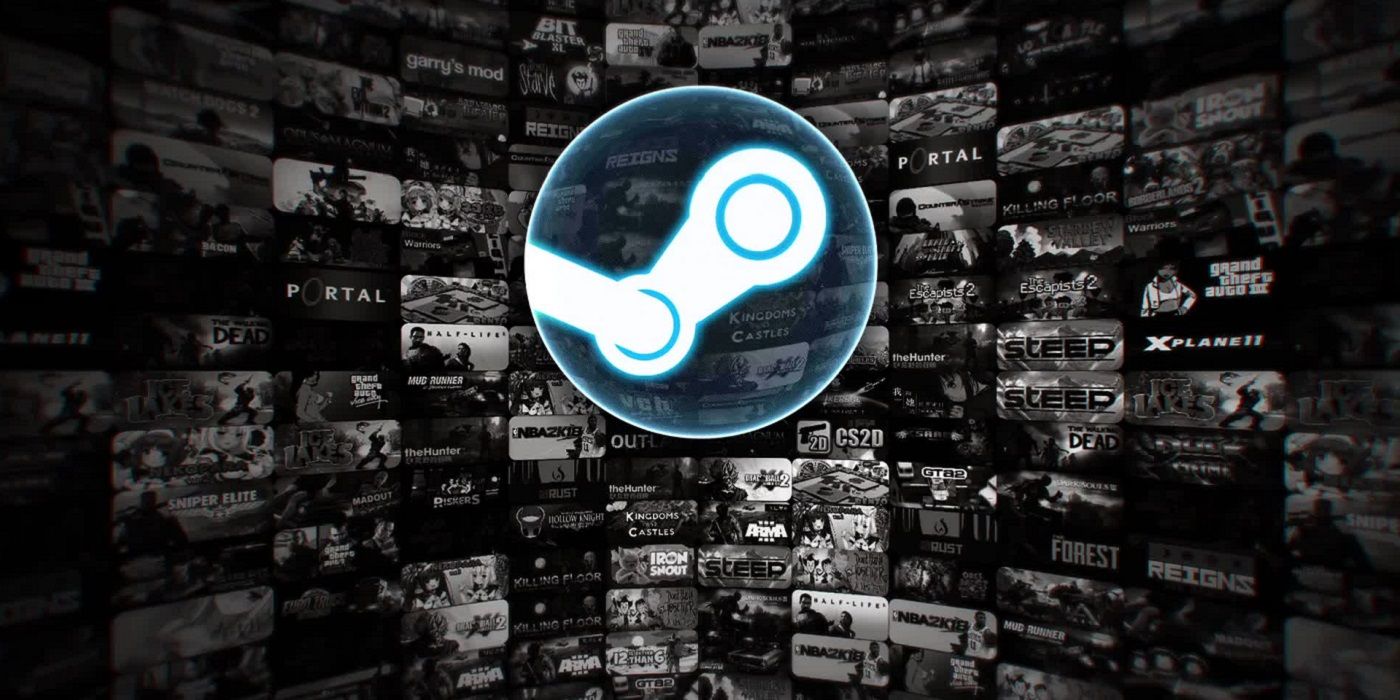
Being one of the biggest game companies in the world, Valve are used to making the headlines, even if it's not always for positive reasons. Just recently, they were hit with a lawsuit over the Steam controller design, and now it seems as though they've come under fire once again.
A new lawsuit has been filed against them by a small number of gamers in California over allegations that Valve's Steam platform forces developers and publishers to enter into an agreement. This agreement states that the price of a game will remain the same no matter which platform it's available on. This is known as the Most Favored Nation clause which insists that customers be treated the same throughout the retail experience. These Most Favored Nation rules (also known as MFNs) are not always viewed in a positive light and have even come under scrutiny from the European Commission.
RELATED: Valve Patent Could Use AR to Make Games More Immersive
The issue with this clause, according to reports, is that the price of PC games cannot be reduced on other platforms, meaning that if it's listed at a high price on Steam, it will have to remain at this figure for other platforms, such as Epic Games Store or the Microsoft Store. The lawsuit claims that this agreement means it becomes difficult to undercut Steam, which dominates the digital games market, to give smaller platforms the opportunity to gain an advantage. If games are only ever set to high prices across all digital platforms, it's argued, it could prevent new entrants from gaining any footing in the market.
The lawsuit has backing from some big names in the video game industry, including CD Projekt Red and Ubisoft, the latter of whom ditched Steam entirely in order to release their games through Epic instead. The boss of Epic, Tim Sweeney, took to Twitter at the beginning of 2019 in which he states that Steam has complete "veto power over prices." The lawsuit is using this tweet to help back up its case.
Overall, the lawsuit seeks to rule that Steam is creating a monopoly on PC gaming, and while Valve continues to overshadow other digital platforms, this hasn't stopped them from being fined for breaching antitrust rules in the past and potentially damaging their reputation. Of course, it's not all bad news for the company. Just recently it was announced that Left 4 Dead 2 would finally be uncensored in Germany in which, until now, multiple aspects of the game (blood, dismemberment, fire-based weaponry etc.) had to be cut before release to the German market.
MORE: Why Valve Should Make Sequels and Not New IP
Source: Eurogamer

